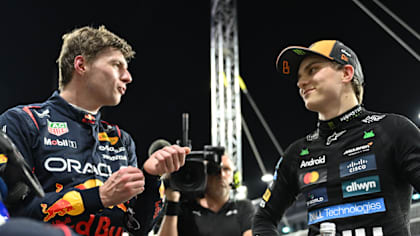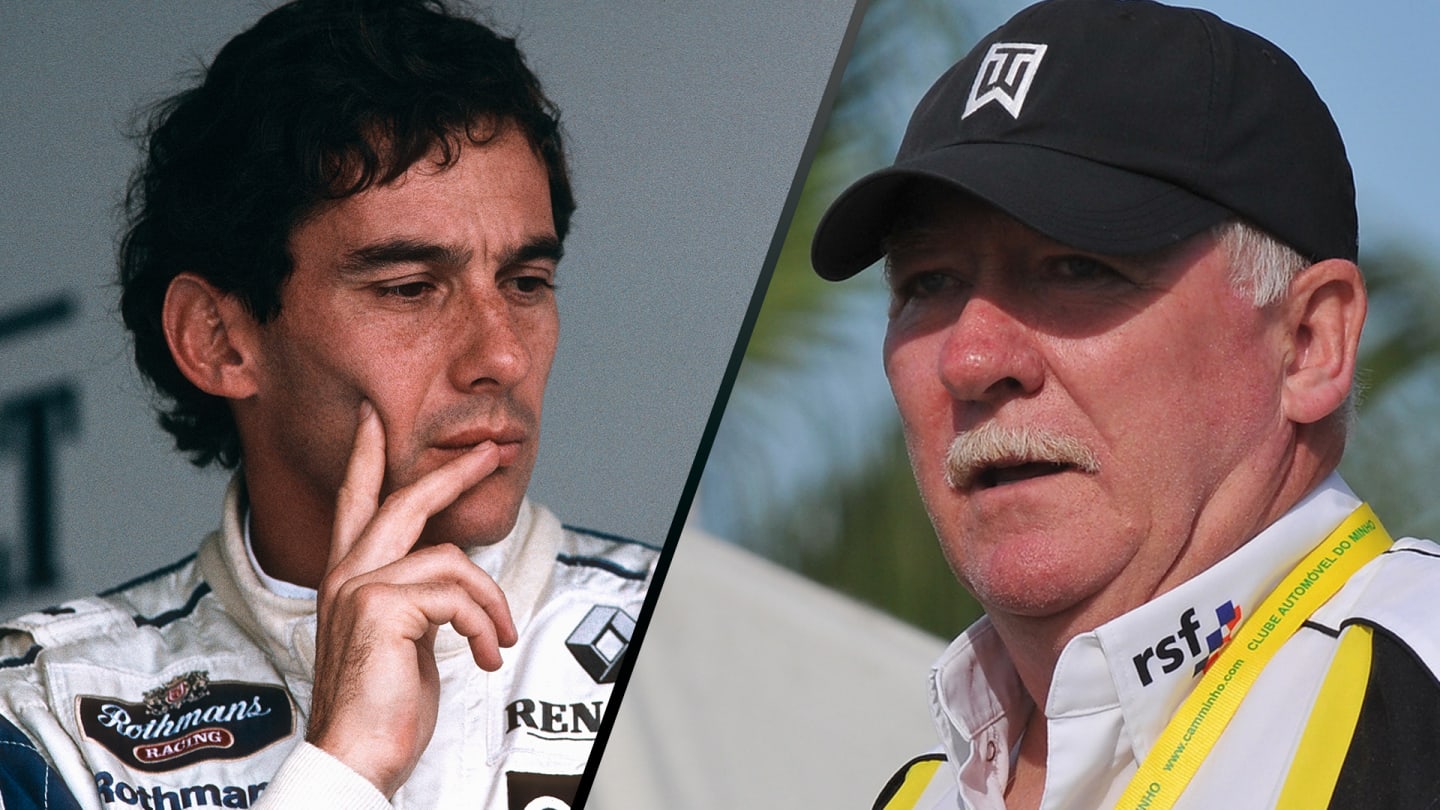
Feature
Road trips, fierce battles and poignant memories – Ayrton Senna’s karting team mate, Terry Fullerton, on his time with the Brazilian racer

Share

On this day 30 years ago, the F1 world lost one of its brightest stars when Ayrton Senna tragically succumbed to injuries sustained in an accident at the 1994 San Marino Grand Prix. For a special tribute, we spoke with one of his first team mates, karter extraordinaire Terry Fullerton, about their early days together and the lasting impact the pair had on each other.
Senna’s story started on the streets of Sao Paulo in the 1960s where, as a child, he battled friends in a go-kart built by his father, Milton. Bitten by the motorsport bug, ‘Beco’ – the nickname given to him by his parents – was destined to race competitively and, as soon as he turned the required age of 13, the moment beckoned.
Interlagos was the venue for Senna’s official kart debut, at a venue in the shadows of the established F1 track, and the youngster would offer a sign of things to come by winning at the first time of asking. From there, the trophies rolled in, paving the way for local titles and then a successful assault on the 1977 South American Karting Championship.
At that point, Senna and his family had a decision to make. With Europe playing host to the biggest karting events on the calendar and being home to the various single-seater championships that served as stepping stones to the F1 grid, a move halfway around the world would be required to take the next step.
Senna and Fullerton meet for the first time
And so, in the winter of 1978, with that breakthrough South American title under his belt, Senna headed over to the continent. More specifically, Italy, where the fresh-faced talent would link up with the DAP operation and an established British driver who had been spearheading their efforts on the karting scene.
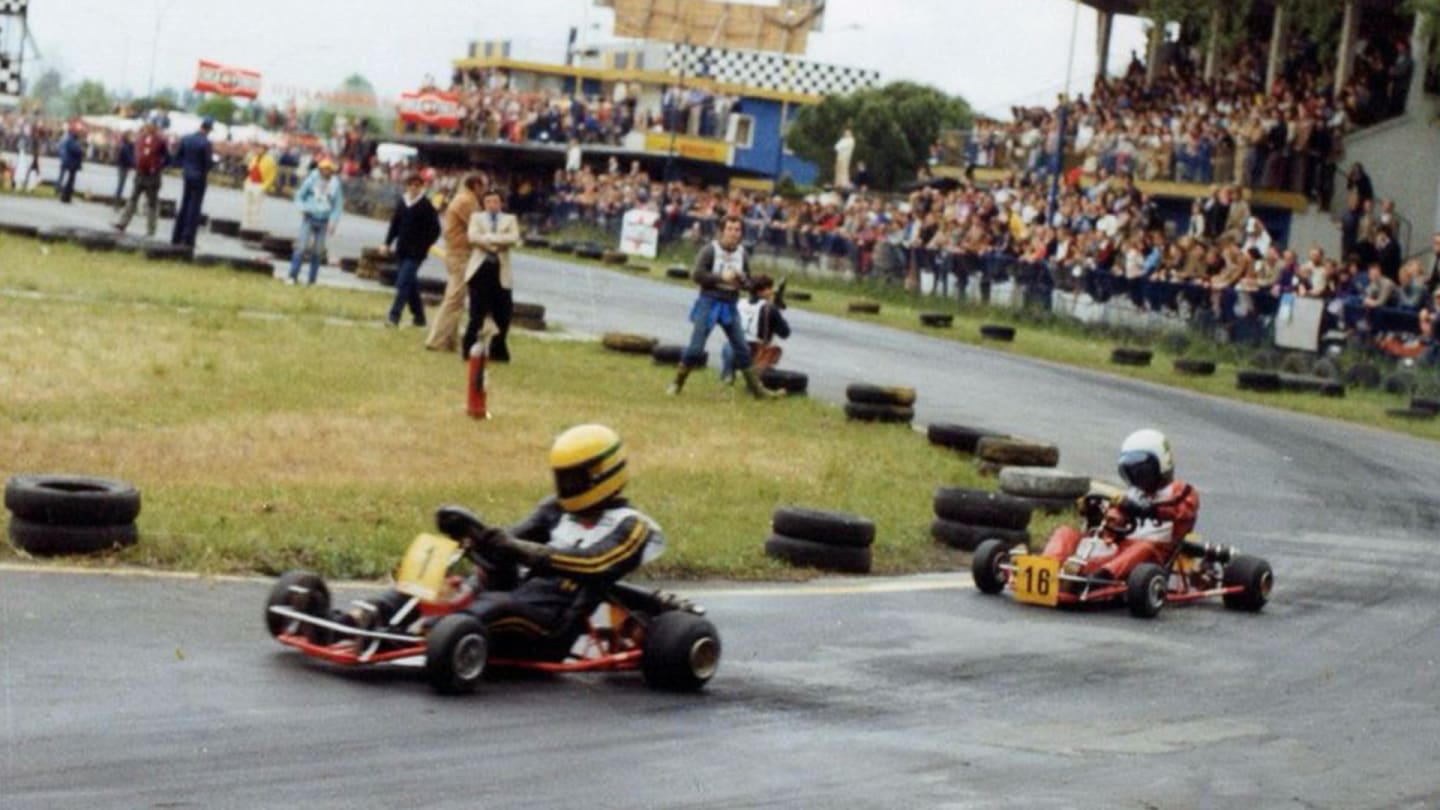
Newcomer Senna and experienced racer Fullerton joined forces at Italian karting outfit DAP (terryfullerton.co.uk)
“I remember it clearly,” says Fullerton as he recalls the moment he first met Senna. “It was just before the 1978 Karting World Championship at Le Mans in France. Ayrton had made an arrangement with DAP, the kart manufacturing and engine manufacturing company in Italy that I drove for – I was their number one guy at the time.
“We were [getting ready] a month before the race, Ayrton came over early and I met him. He didn’t speak much English. In fact, he spoke virtually no English at all. He used to converse with the Italians in kind of broken Portuguese and Italian. I wasn’t able to communicate with him verbally too much, but I remember saying hello [and using] a bit of sign language.
“We would all go and eat together at lunchtime. He was quite an open kid and had a kind of charisma, even at 17. He was likeable, although you couldn’t communicate with him that much. I mean, in that situation, even if he spoke perfect English, I probably wouldn’t have communicated with him that much, because he was doing his thing with the team and I was doing my thing.
“But the bits of interaction we had… he lent me a cassette tape to play music when we were driving somewhere. I got to learn about the music he likes and that sort of thing. It was a gentle ballad type of music, it wasn’t heavy rock or anything… it was deep and meaningful stuff. You could tell he was quite well in touch with his emotions, even then.”
One of those first road trips came when Fullerton and Senna made their way some 120km south from the DAP factory in Milan to the popular Parma kart track for an “intensive” test session, where tyres, engines and all other components would be pushed to the limit ahead of the World Championship at Le Mans.
Everyone realised this wasn’t just a paying customer. This was a very, very quick little kid.
Terry Fullerton
Senna, around seven years younger than Fullerton, wasted no time in making an impression.
“Everyone realised this wasn’t just a paying customer,” Fullerton states. “This was a very, very quick little kid. He was only 17 at the time, quite wet behind the ears as it were. Then we went down to the World Championship and he performed very well there. He didn’t get a result as he crashed – I was fast as well and then also crashed – but he was fast.
“It was very raw talent; it wasn’t tempered with experience or knowledge about set-up or race tactics. He was just fast. You could tell he was a bright, intelligent kid, he wasn’t a slow thinker – his eyes would move quite fast and dart around when you were talking to him – and he was switched on, totally switched on.”
A rollercoaster ride as karting team mates
What followed was a three-year spell as team mates bidding for World Championship glory, with Fullerton aiming to add to the crown he achieved in Birel machinery back in 1973 and Senna looking to write his own chapter in European karting history.
“In 1978 we had a nice relationship where I was kind of the elder statesman of the team, or the more knowledgeable one as far as drivers were concerned, and more experienced as well, and he was obviously the newcomer,” says Fullerton. “He was learning off me, or trying to learn off me, which was fine, I had no problem with that at all, and we moved forward like that.
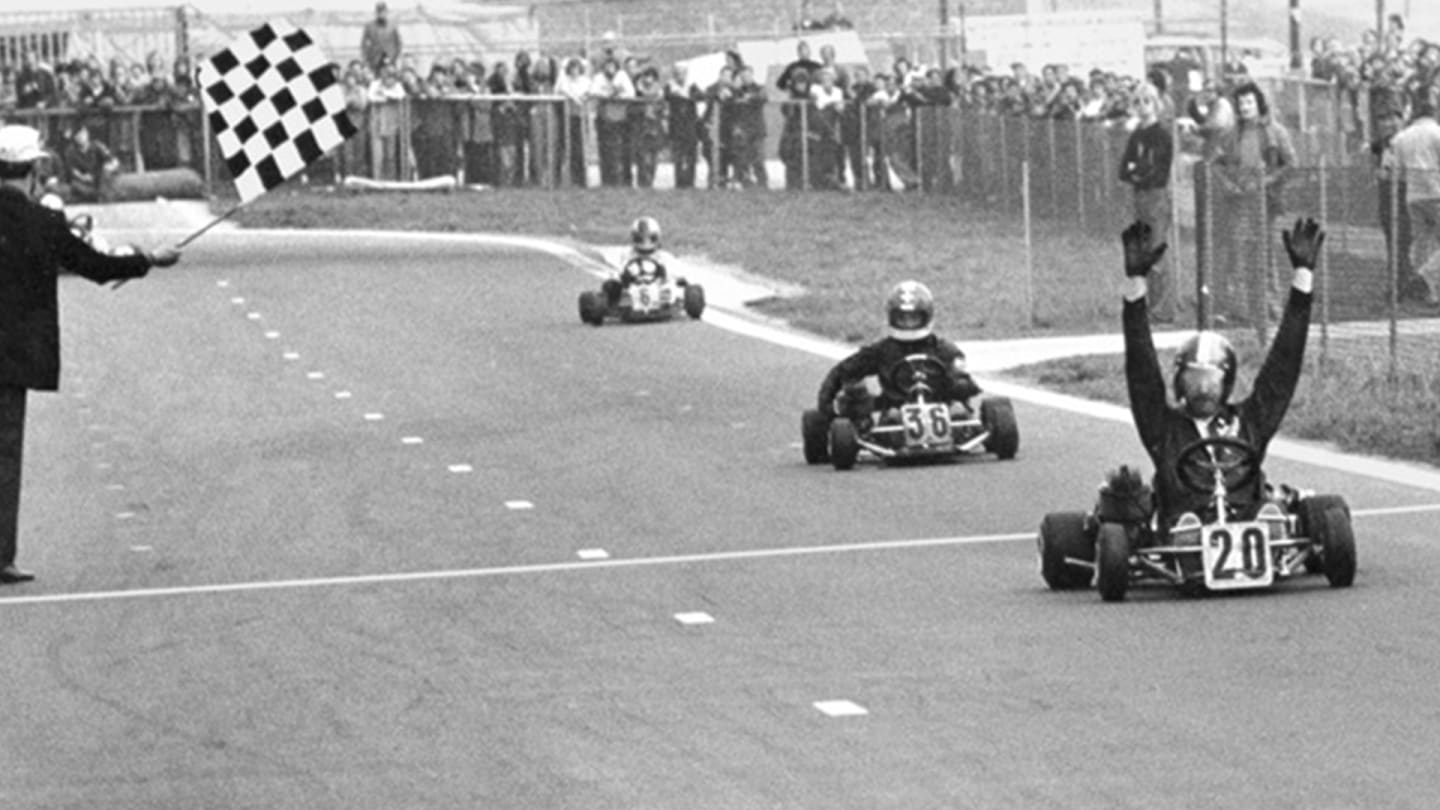
Fullerton had already won the Karting World Championship, triumphing in 1973 (terryfullerton.co.uk)
“Through 1979 it was very similar and we actually got reasonably friendly. His English had improved a bit, so we were talking more often. We also both raced in Japan that year, we did the World Championship together [at Estoril in Portugal] and there were a couple of other races in Sweden, Switzerland as well.
“Then we came into 1980 and, at the beginning of that year, they had what’s called the Champions Cup race at Jesolo in Italy. It was a very big race and it still is quite a big race, but it was a very big race in those days, second only to the World Championship, and it was considered a very important one to win.
“It was a long [weekend], with three finals on Saturday, three finals on Sunday, but also timed practice on Saturday and practice on Sunday. It all came down to the last final. Me and him were just way ahead of everybody else on points and it was whoever finished in front of the other in the last final would win the championship.”
It was at this point, rather than during any of their pushes for the World Championship title, that Fullerton and Senna’s developing relationship took a dramatic turn for the worse.
“I actually passed him on the very last lap of the final to win, which seriously p****d him off,” Fullerton continues. “When he was interviewed afterwards, he said that I had driven dirty and this, that and the other. It wasn’t truthful, I hadn’t driven dirty at all. If anything, he over defended.
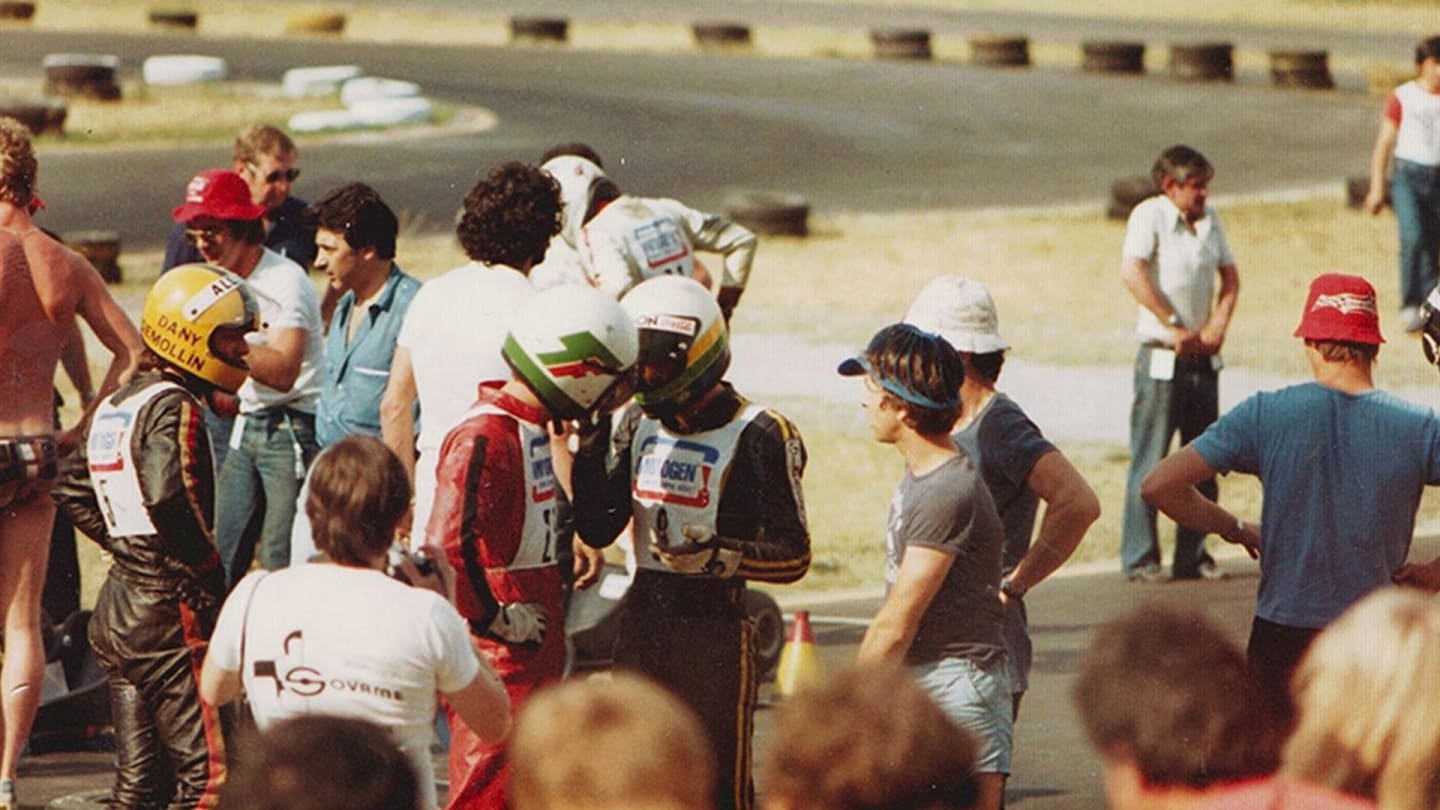
Fullerton and Senna experienced some heated moments as their partnership developed (terryfullerton.co.uk)
“I’d got a good run on him and got up the inside on the way down to the first hairpin. We touched, he went up on two wheels, and I got around the corner without a problem. I looked back and he was maybe 10 metres behind, and all I had to do was finish the lap and I’d won the championship, which I did.
“I’ve got a photo of him sitting on the tyre of his kart about 10 minutes after the end of the last final and he looks completely drained and devastated. You can understand it, but the picture does speak a thousand words, without a doubt. He saw the situation as him completely in the right and me completely in the wrong. He wasn’t seeing the real situation, and he really believed it.”
TREMAYNE: How Ayrton Senna helped Damon Hill seal the finest win of his career
From that Jesolo encounter onwards, their relationship felt “different”, according to Fullerton, although there was another contributing factor worth mentioning.
“In the build-up to that, during testing at Jesolo before the race… I remember he used to come and look at my notes, the times I’d done,” Fullerton explains. “This particular time, because he was becoming a pretty decent driver, I decided I didn’t really want him to look at my notes anymore.
“He came into the awning and I said, ‘Do you always have to look at my notes?’ He was quite shocked, looked at me and said, ‘Oh, you don’t want me to?’ I said, ‘I don’t think I do anymore’. I remember he just threw the book… it sort of navigated its way over my head and back down on the table beside me, and he turned around with a serious huff and walked out. We didn’t really speak much after that.”
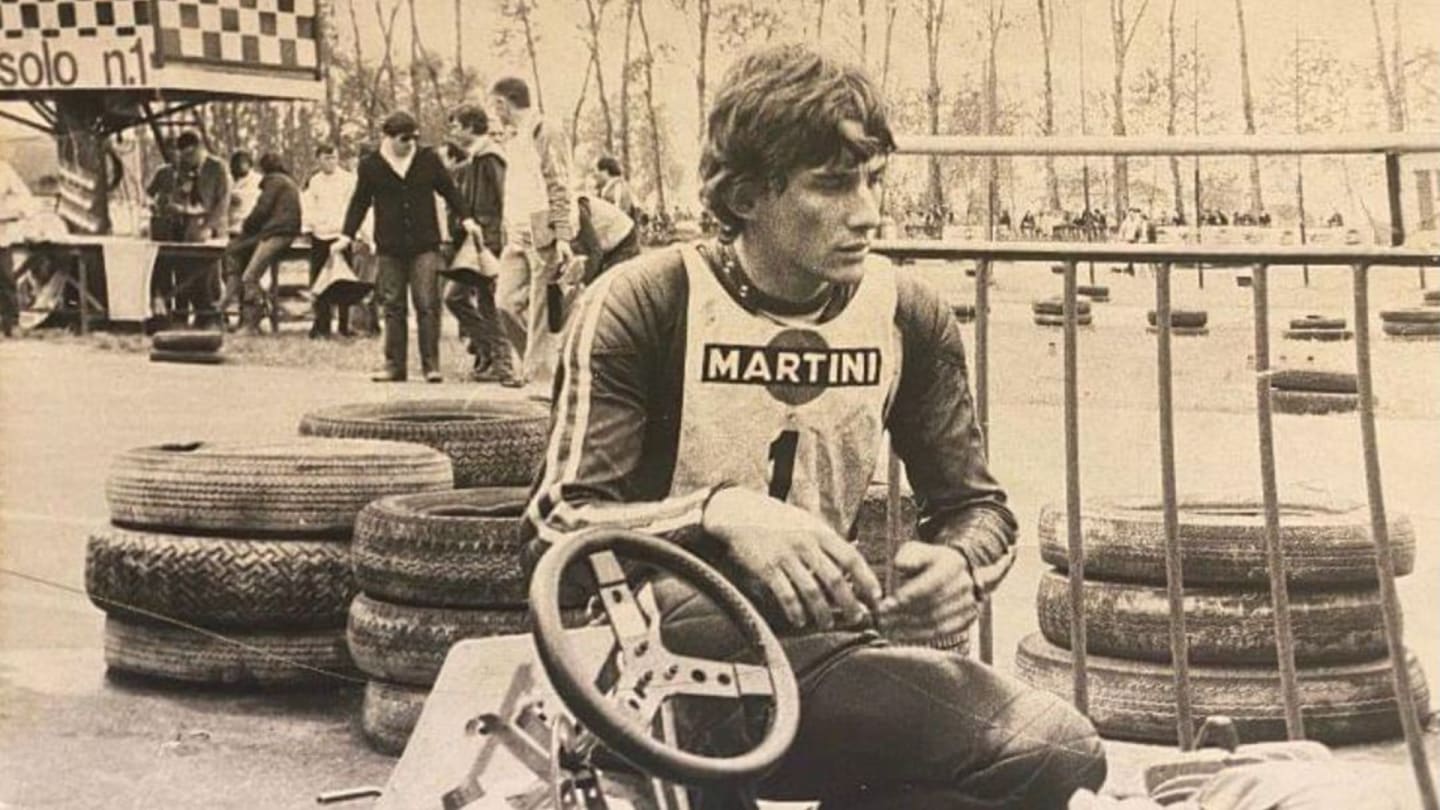
The picture Fullerton referred to above that speaks a thousand words (terryfullerton.co.uk)
Senna moves to cars, Fullerton stays in karts
As it transpired, neither Senna nor Fullerton would lift the World Championship trophy in 1978, 1979 or 1980 – the closest they came being respective P2 and P3 finishes behind Dutch racer Peter De Bruijn in their final, tense season as team mates.
The pair then parted ways when Senna made the step from karts to cars, where he racked up successive titles in Formula Ford and Formula 3, while also winning the prestigious Macau Grand Prix, before landing his first F1 drive with the plucky Toleman team.
Fullerton, meanwhile, opted to remain in the karting world, having witnessed his elder brother lose his life in a motorcycle racing accident when he was a youngster – admitting that his family would have been “pretty devastated” if he had moved into the “lethal” world of single-seaters.
Although their relationship had been tested, potentially beyond repair, Fullerton kept an eye on Senna’s progress as the years went by and, at the British Grand Prix a few seasons later, the former team mates were reunited.
“I followed what he was doing,” says Fullerton. “You couldn’t not hear what he was doing, because he cleaned the field in Formula Ford, Formula Ford 2000, Formula 3, into Formula 1, with pretty rapid progression in those days. He was obviously the coming man.
Top 10: Moments of Senna Brilliance
“We didn’t have a personal relationship where we kept in touch after that. I was at the Grand Prix at Silverstone in 1983 and he was there racing in Formula 3. I did go into the pits and have a chat with him then and that was fairly amicable. You could tell he was still holding grudges and he hadn’t forgotten what had gone on in 1980, but we had a decent chat then.
“I was very impressed with the way he drove the Formula 3 car that day. He was the only one [driving] with the car moving all the way around Woodcote, the old Woodcote corner. He was in a class of his own. That’s the last interaction I had with him.”
Senna loses his life on a fateful Imola weekend
Tragically, some 11 years later, having amassed 65 pole positions, 41 race wins and three world titles across stints with Lotus, McLaren and Williams, Senna’s story ended abruptly when, aged only 34, he lost his life as a result of an accident during the opening stages of the San Marino Grand Prix.
It was the final part of a dreadful weekend at the Imola venue, where Simtek debutant Roland Ratzenberger had already passed away following a high-speed qualifying crash and Rubens Barrichello had miraculously escaped the same fate in a sickening practice shunt.
When the news filtered through, Fullerton was shattered.
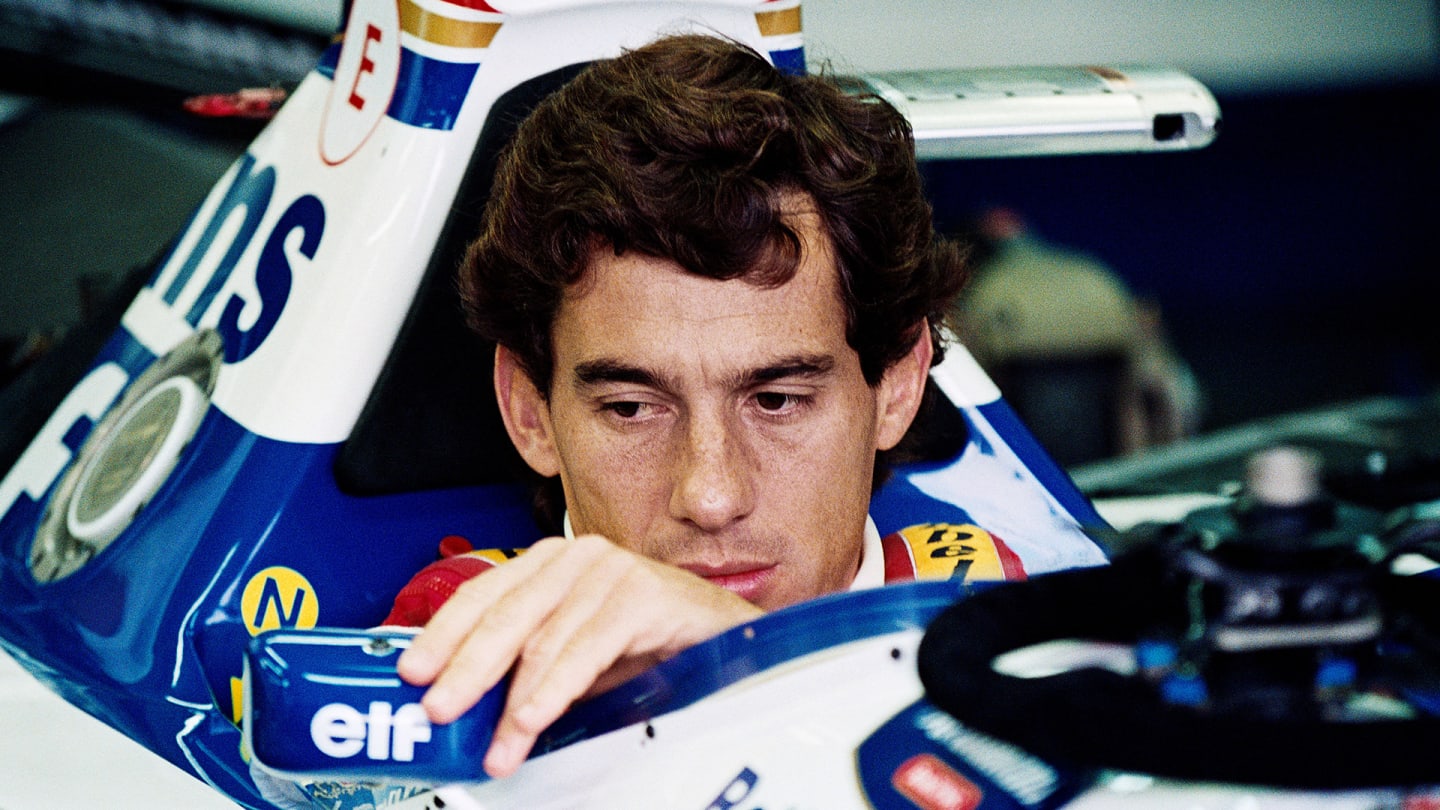
Senna, having recently joined Williams, succumbed to injuries sustained in a crash at Imola in 1994
“I was actually in France, working with a British team,” he says, his emotions flooding back with the memories. “I just got bits and pieces through the weekend. We didn’t have cell phones in those days, so we weren’t getting information minute by minute.
“I didn’t hear about Roland’s death at that stage, but I heard about Ayrton’s death on a cross channel ferry coming back from France on Sunday evening. The guy behind the bar, a French guy, said to me, ‘Senna is dead, Senna est mort’, and I thought, ‘What’s he on about?’.
TREMAYNE: Remembering Senna’s final win – and his reconciliation with his greatest rival
“Anyway, I phoned my brother from the boat. My brother answered the phone in tears… he didn’t even speak, so I knew what had happened. That was that. It was a hard thing to accept that Ayrton had died. Nobody had died in a Formula 1 car for about 10 years. It was a shocking weekend for everybody.”
As was the case for many others in the paddock, Senna’s presence would be felt by Fullerton long after his passing, with a clip from a press conference at the 1993 Australian Grand Prix – where the Brazilian claimed his final F1 victory – taking on a new level of significance in the 2010 documentary about his life and career.
Asked by a journalist to name the driver he gained the most satisfaction from racing against, Senna did not choose one of the many F1 world champions and Grand Prix winners that he had competed with, nor any he had beaten to junior single-seater titles.
My brother answered the phone in tears… he didn’t even speak, so I knew what had happened. It was a hard thing to accept that Ayrton had died.
Terry Fullerton
No, that accolade went to Fullerton, his first karting team mate when he arrived in Europe and the man he had learned so much from in those pivotal early days.
“I heard of it from a friend of mine who was a journalist in Australia and was actually at the press conference – he told me a couple of weeks afterwards,” recalls Fullerton. “But the first time I really took notice of it was when someone had been at the premiere of the Senna film in Japan… a guy who worked for McLaren told me he’d seen it and at the end it mentioned something about me.
READ MORE: Senna, Stirling, Schumacher and more – 11 great F1 documentaries and films to watch
“Then, in 2011, just before the film came out in England at a showing to the press, I got a load of phone calls and interest off people who realised that this clip was in the film, or they’d seen it. At that stage I was invited to watch it at a pre-premiere and there were probably 100 journalists with me in the room.
“I remember getting right to the end of the film, they’d shown the funeral, the emotional bit at the end, and I started sliding down in my seat, thinking, ‘They’ve cut it out of the film, I shouldn’t even be invited here’, then right at the end he says the bit about me from the Adelaide press conference, and it was a sigh of relief, really!”
Senna and Fullerton’s mutual respect
It was a poignant scene that, despite their previous disagreements, highlighted the respect Senna still had for Fullerton after reaching the very top of the sport.
Senna on Terry Fullerton
“It’s quite powerful and I get goosebumps,” Fullerton comments. “I think the respect was there because I was the first one he’d come up against on basically equal equipment that was… you could say looking back that I was probably better than him at the time for a whole lot of reasons, experience and all sorts of stuff that he didn’t have.
“That was why he was impressed, as he was learning off me. When he left karting he was still in the learning phase, then he went to cars and obviously won every championship he was in at that stage. He was very, very good in karting, but he hadn’t quite hit the top.”
HALL OF FAME: Three-time F1 world champion Ayrton Senna
While several more years have come and gone, and the 30th anniversary of his passing has now arrived, Senna’s star is still shining brightly and, as Fullerton underlines, there is no risk of the motorsport community ever forgetting him.
“They’re never going to stop with Ayrton; they’re going to be doing it in 40 years, 50 years, probably in 100 years,” Fullerton asserts. “He’s not going to be forgotten as he was too good, he was too charismatic, too many people liked him, and he’d get into the hearts of so many people because of his personality.
“He was also an unbelievably good racing driver, considered by most to be the best ever. I certainly consider him to be the best ever, with the exception of a bloke called Max Verstappen who’s coming up now. But in my mind, Ayrton is way ahead of whoever is second in that league, as far as being a great racing driver.”
Share
YOU MIGHT ALSO LIKE
News ‘I was very proud on the pit wall’ – Stella recalls crucial moment of teamwork between Norris and Piastri’s Race Engineers in Jeddah
News Minor refinements to 2025 regulations agreed at F1 Commission meeting
News 'That's what you need to fight for a championship' – Verstappen reveals key Piastri trait that could help him in title battle
FeatureF1 Unlocked IT'S RACE WEEK: 5 storylines we're excited about ahead of the 2025 Miami Grand Prix
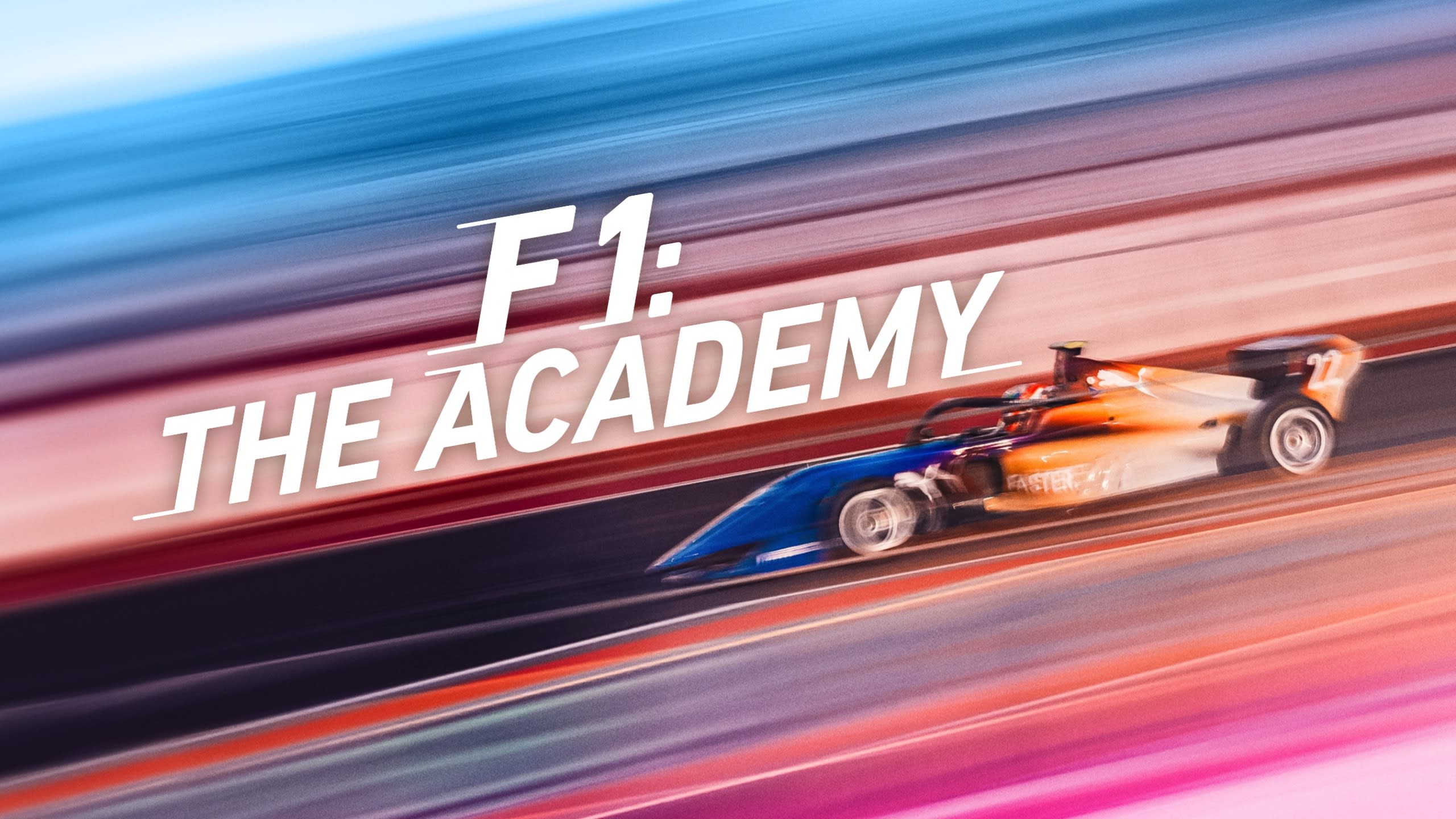
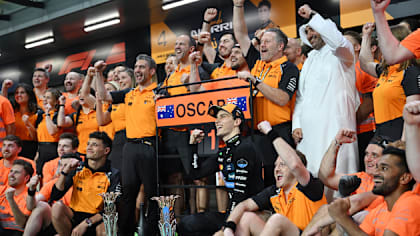
)
